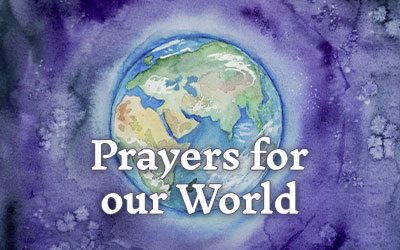Iran: U.S. Declares Return Of UN Sanctions Despite Opposition From Allies

The United States has unilaterally reimposed all UN sanctions against Iran, despite opposition from Washington’s closest European allies and uncertainty over the impact of the move.
Secretary of State Mike Pompeo on September 19 announced the so-called snapback of UN sanctions on Iran, threatening U.S. action against any violators.
“If UN member states fail to fulfill their obligations to implement these sanctions, the United States is prepared to use our domestic authorities to impose consequences for those failures and ensure that Iran does not reap the benefits of UN-prohibited activity,” Pompeo said in a statement.
“In the coming days, the United States will announce a range of additional measures to strengthen implementation of UN sanctions and hold violators accountable,” he added.
Iran's currency fell to a record low against the U.S. dollar on September 20 following Washington's announcement. The Iranian economy has been under extreme pressure ever since the United States reimposed unilateral sanctions on the country in November 2018.
In reaction to the move, Iran on September 20 called on the rest of the world to unite against Washington's "reckless actions."
The U.S. move sets the stage for a major clash at the United Nations, where Washington finds itself increasingly isolated amid tensions with both Iran and other parties to the 2015 nuclear accord, known officially as the Joint Comprehensive Plan Of Action (JCPOA).
"The Americans as a rule act as a bully and impose sanctions.... The world community should decide how to act towards bullying," Iranian Foreign Minister Mohammad Javad Zarif told Iranian state television hours before the U.S. announcement.
President Donald Trump withdrew from the JCPOA in 2018 and reimposed U.S. sanctions on Iran, prompting Tehran to progressively infringe on its nuclear commitments as part of a calibrated response to the absence of expected economic benefits from the JCPOA.
The remaining parties to the Iran nuclear deal have tried to save the faltering agreement, rejecting an attempt by Washington to trigger a return of UN sanctions on Tehran over its infringement of its nuclear commitments.
Ahead of the U.S. announcement, Britain, France, and Germany said in a letter to the UN Security Council that international sanctions relief for Iran would continue beyond September 20.
"We have worked tirelessly to preserve the nuclear agreement and remain committed to do so," the UN envoys for the three countries said in a letter to the UN Security Council on September 18.
Iran's President Hassan Rohani claimed on September 20 that the Trump administration's policy of trying to force Iran to negotiate a new nuclear deal by imposing punishing sanctions on the country -- often referred to as a "maximum pressure" campaign -- has backfired, resulting in "maximum isolation" of the United States at the UN.
"America is approaching a certain defeat in its sanctions move," Rohani said in a televised speech.
Pray that the nuclear accord can be re-visited and re-negotiated.
Pray that Iran will adhere to its nuclear commitments.
Pray for the people of Iran who are suffering the most as a result of the sanctions.


